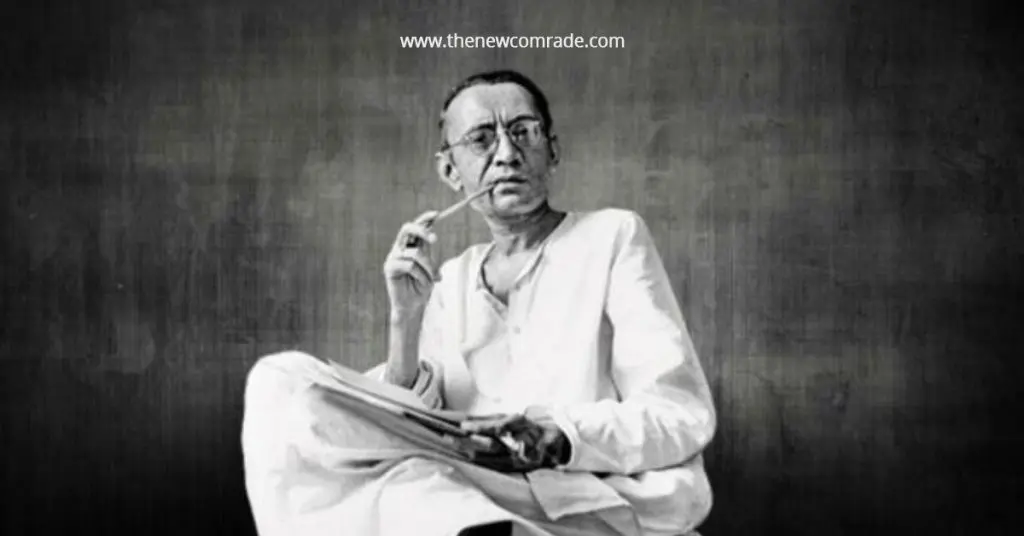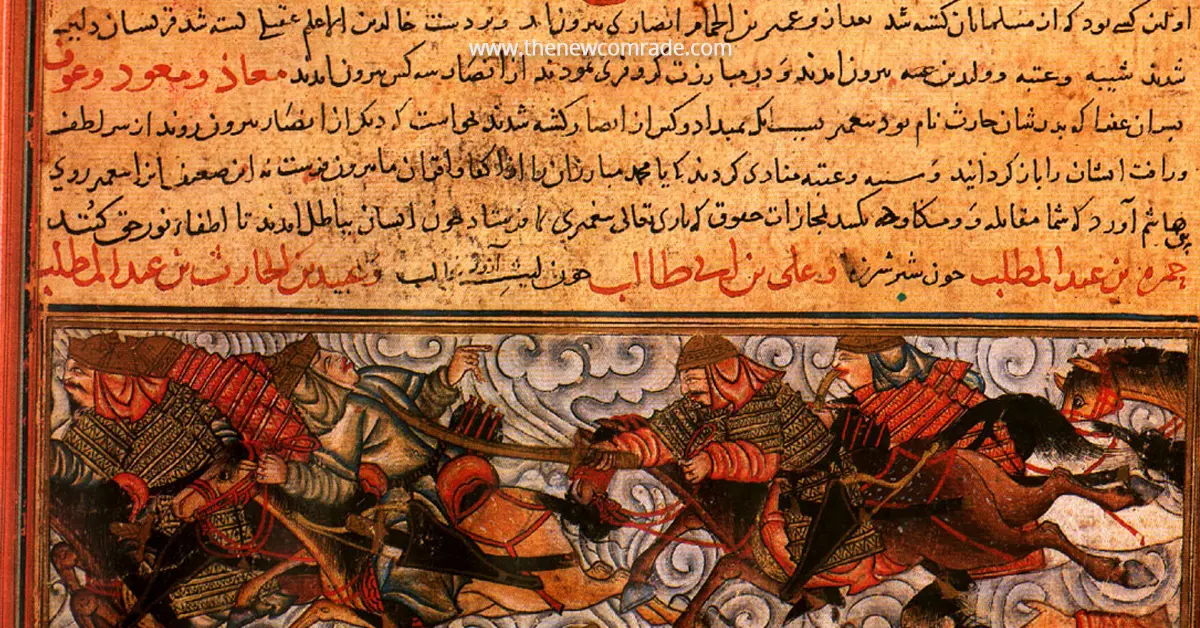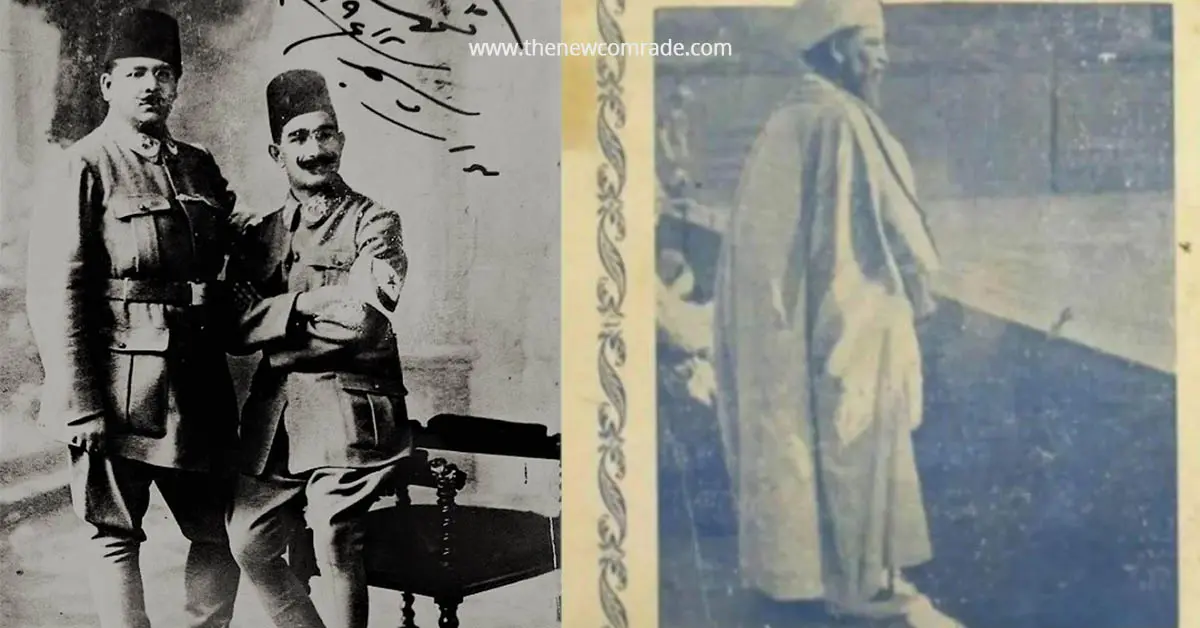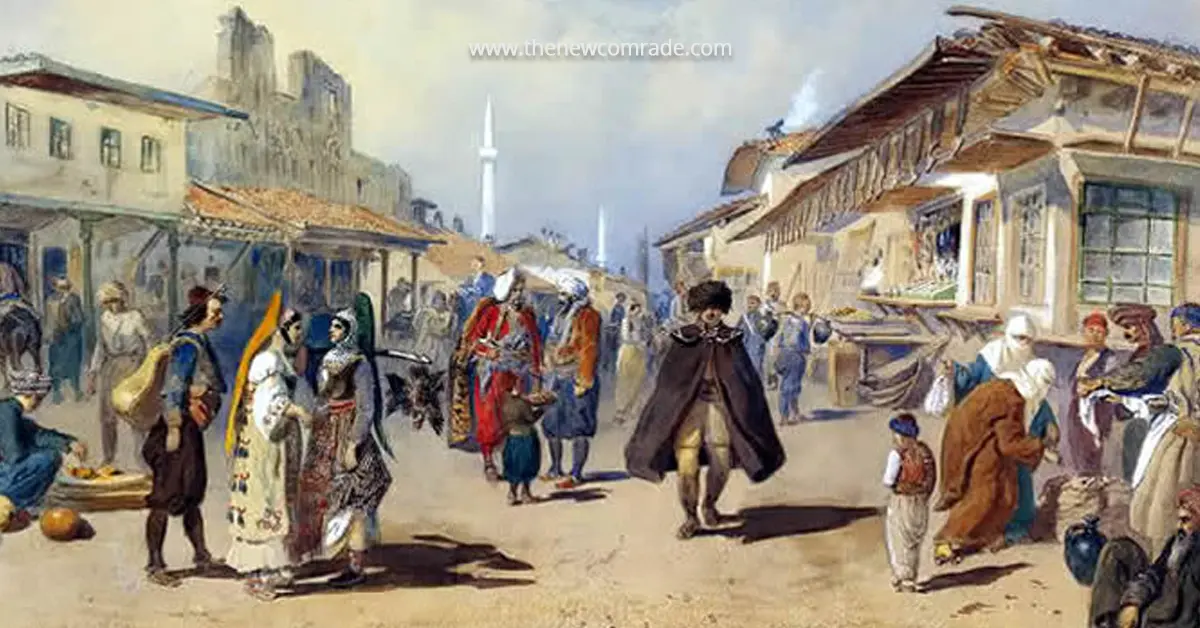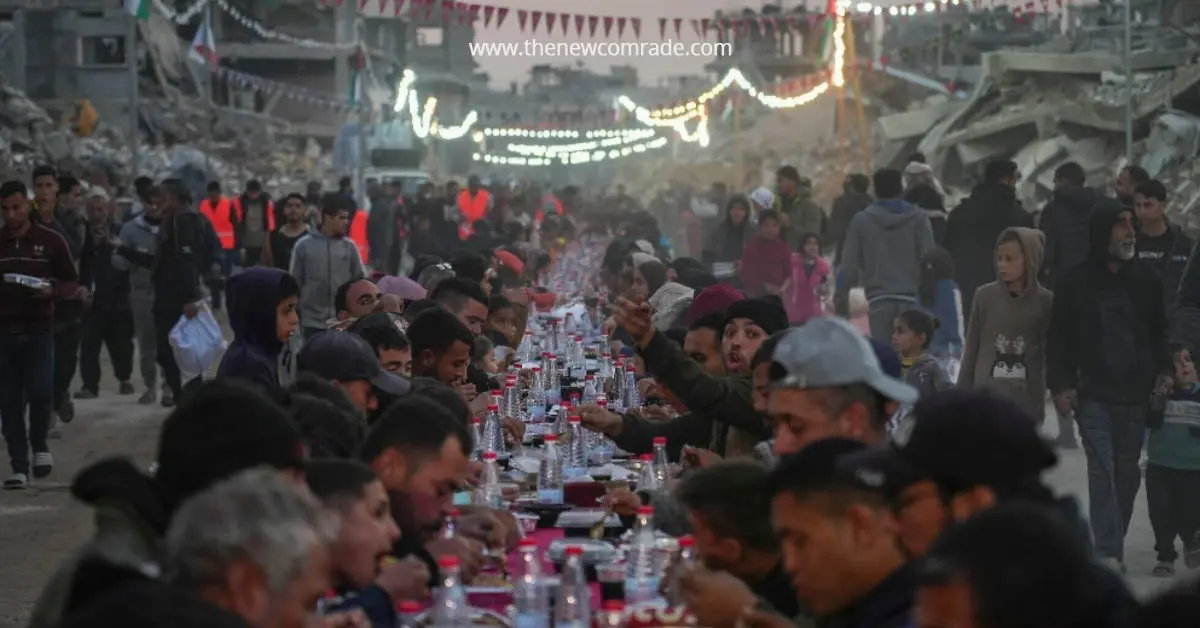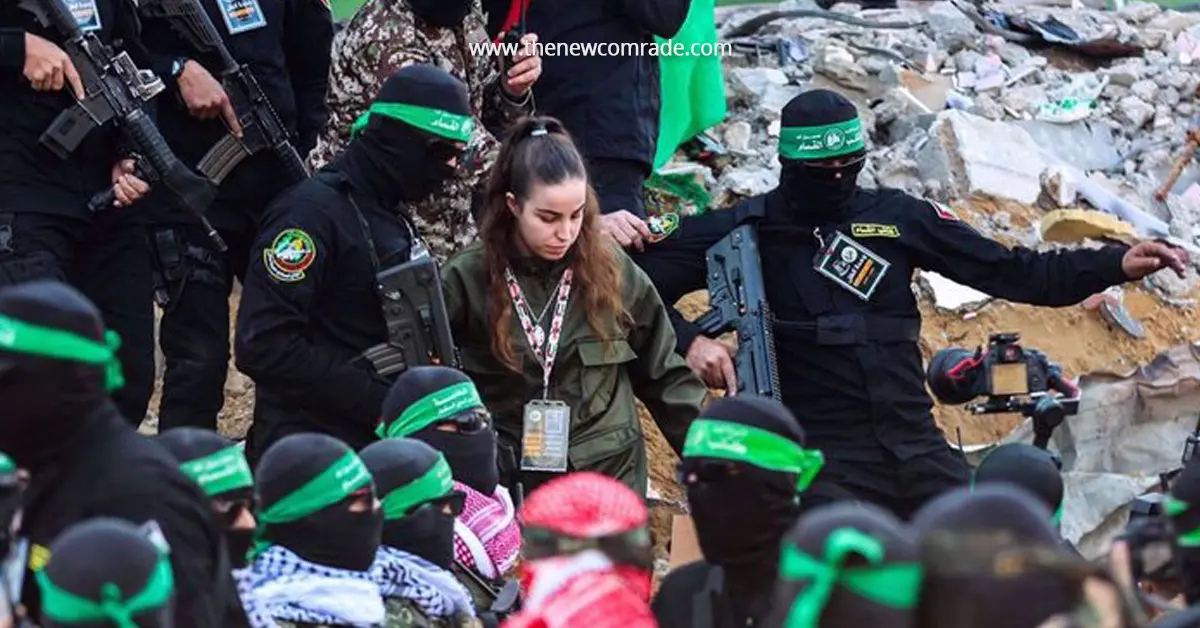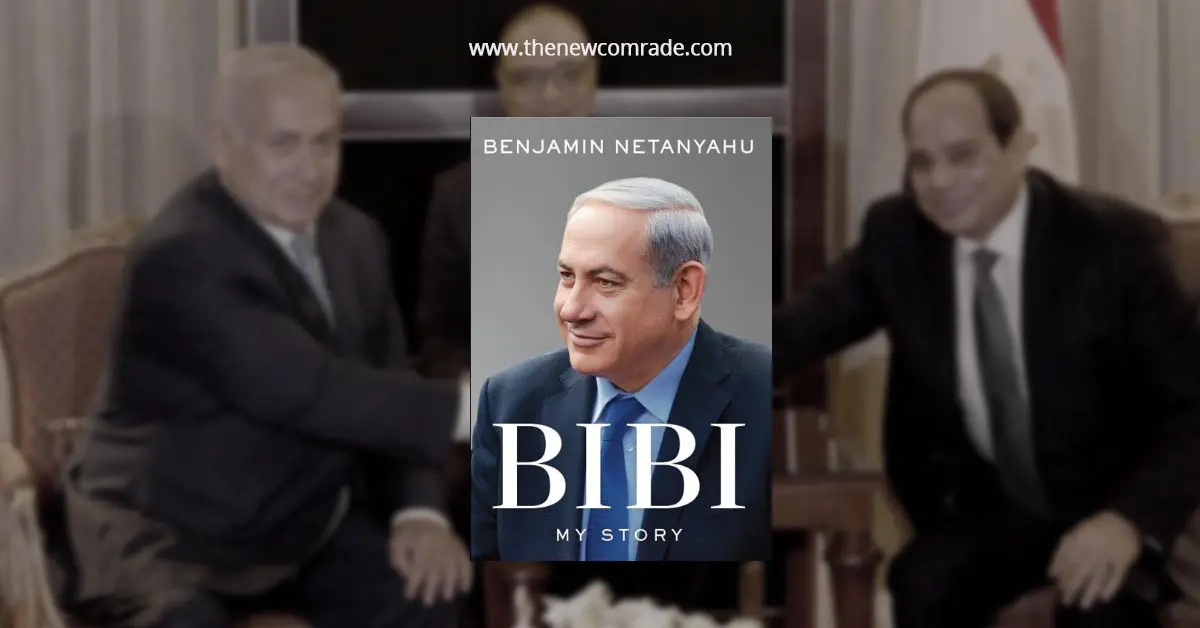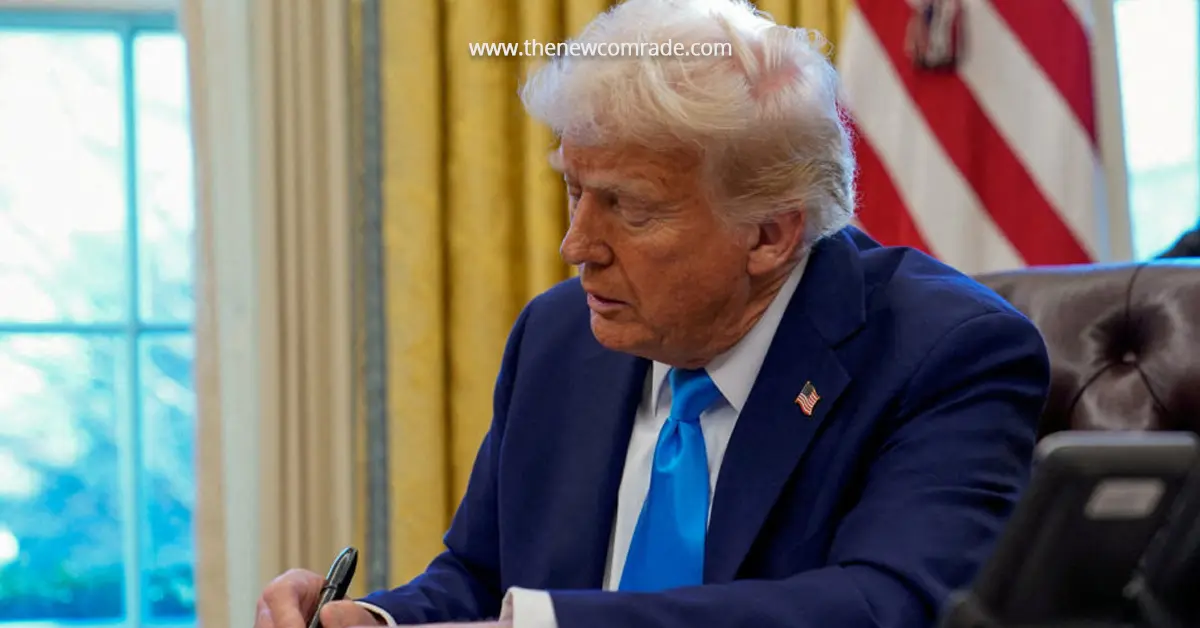The drastic development of Urdu literature lies in the influence of European literature and the shift towards functional views in society; the stories of Premchand, Ismaat, and Saadat Hasan Manto speak more to the human than to the aesthetic. Saadat Hassan, born in 1912 in Punjab, later migrated from Kashmir and settled down in Amritsar, where he dropped his studies as he failed academically. Young Manto was very interested in Russian revolutions and following the events of the Soviet Union. Abbas Hassan and Abu Said Qurashi, with whom he discussed Russian events and was fascinated by movie stars like Marlene Dietrich. Their serious discussion led them to meet Abdul Bari Alig, an American journalist who changed their interest in French and Russian literature. With the help of Abdul Bari Alig, they read the works of Anton Chekhov, Alexander Pushkin, Oscar Wild, Gorki, and other leading writers of Russian literature. Abdul encouraged Manto to translate “The Last Days of a Condemned,” a drama written by Hugo, to Urdu, which would also be a start for Manto’s literary career.
Tamasha was his first attempt to get short stories published during Jallian Wala Bagh. With all these writing experiences, he decided that he wanted to work in Bombay Film City. Between 1937 and 1941, his fifty-story collection was published as “Manto Ke Afsane” (Manto stories), “Ao redyo sunen” (come let’s listen to radio), a radio play, and was followed by “Qaloptrah Ki Mout” (Death of Cleopatra). His friendship with Ismat Chutgai, Shayam, and Ashok Kumar helped him to build a financial stable life and a successive writing career. Though he had considered himself as a Muslim and followed fundamental principles of Islam in its early days, he strongly criticized the community.

In the story “Return,” the girl who was raped by her community shows crime is not an exclusion of morality but rather a human instinct. The “Chughad”1short story collection was written in Lahore and published in India, and it stands as a traditional collection. The themes of religion and partition create tension in his writing. It was considered an attempt of exploring lives, corruption, partition, violence, and religion. These attempts make the reader to understand the deeper emotions of the characters and events, which relate to real-life incidents during the partition. His contribution to Urdu literature was tremendous, apart from European Short story translation Manto has written 23 short story collections, five radio plays, and one full-length drama.
Yet like other fictional writers, Manto’s description of characters begins with institution identities: a sheik, prostitute, thief, Hindu, Muslim. Moreover, it conveys to the reader the responsibilities created by the institutions and the outrages.
In the story Mozail, the sheikh once grew a beard and turban as a sign of religious duty but renounced them because of political responsibility. Manto seriously asks his reader whether responsibility ought to be proclaimed by humans or by power. Communal alienation alone cannot make a reader identify oppression; rather, naked bodies, breasts, wounds, and dead bodies are where the witness of acts becomes the narrator. Stories that came before partition dealt with high sympathetic content, especially since most centripetal was female. Only after the partition were his stories considered political works. In his pre-partition stories, characters resemble his own personal narratives and experiences, which they only have after moving to Lahore. His mental instability is exposed in his writings. Especially Tobah Tek Singh stood as a realistic effort of Manto to explore the psychological insights of partition. In the beginning, he was influenced by Anton Chekhov’s writing style but later developed his own method of narrating stories with a structured plot. This decline is due to the economy’s state and the trials of his stories. The accusation of being an erotic writer disturbed him mentally, and he was left isolated in an asylum. As we discussed religious and social responsibility being unstable, this became his behaviour. Since his exclusion from the Progressive group, the elements in his earlier writing were missed in his post-partition writings, which made his later period stories narrow and not much spoken. While partition writers captured the exact land division, themes of sudden death and madness encountered the purpose of literature. Manto asks in his essay, “Why do I write?” He says that he is a pickpocket who picks the stories from his pockets rather than from his imagination, which is still influencing many contemporary short story writers and film makers. His translations and short stories are definitely a landmark for the development of Urdu literature.
- Chughad – A short story collection of Saadat Hasan Manto
